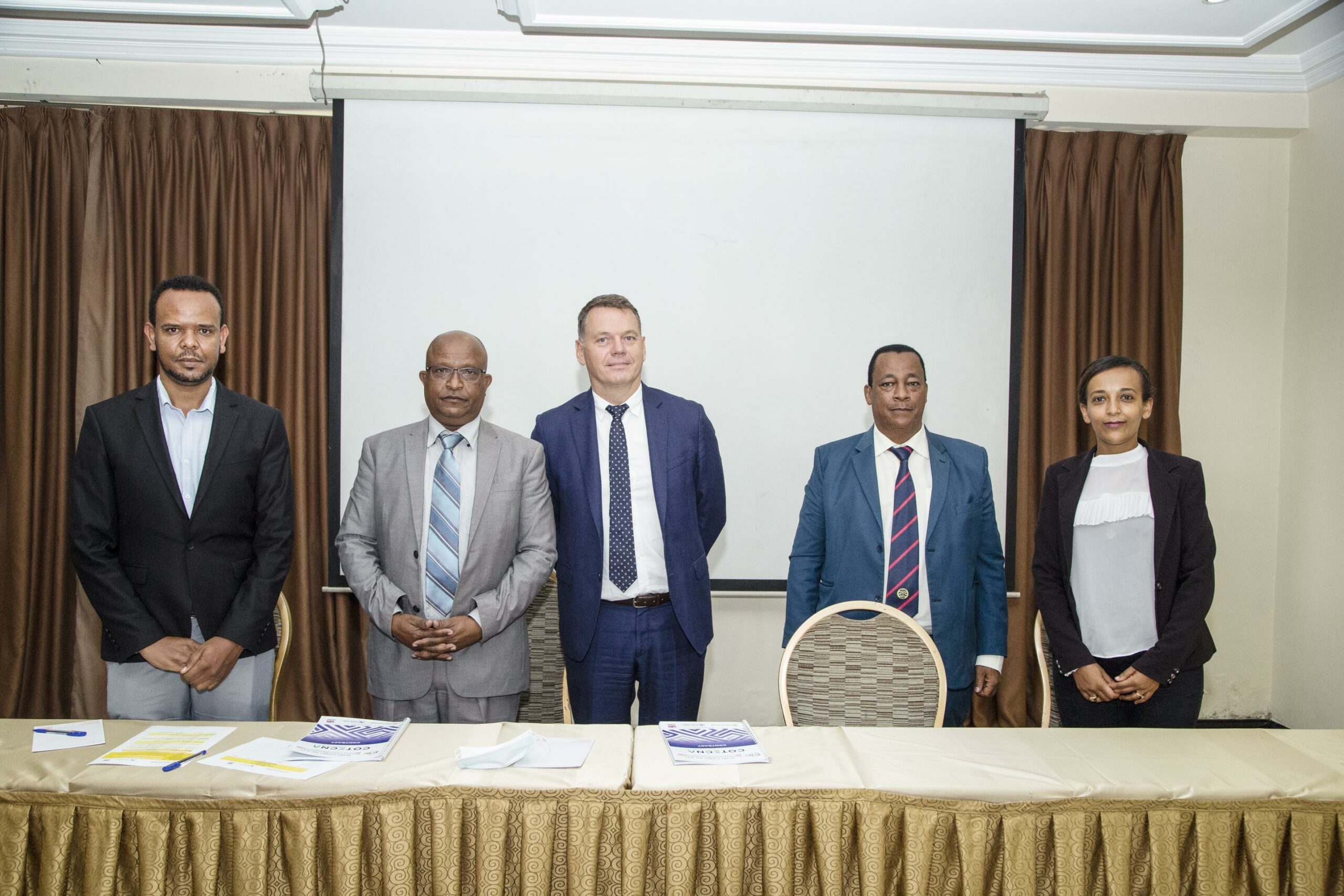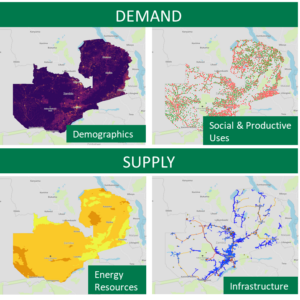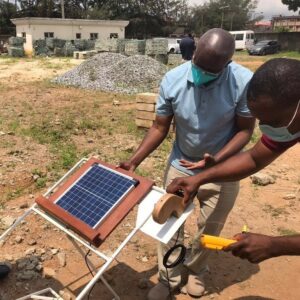One of the top priorities for the Government of Ethiopia is to safeguard the country from unfair trade practices and the dumping of substandard goods. However, close to 60% of solar products imported into Ethiopia are of poor quality[1]. To address this, the government has been working with ACE TAF in partnership with the International Finance Corporation (IFC) over the last two years to ensure imported products comply with the national quality standards. In April 2021 the Ethiopian Quality Standards (ES IEC TS 62257-9-8: 2020) for solar products up to 350Wp were adopted and the process of enforcing the standards began. On 30 September 2021, the government officially launched the Pre-export Verification of Conformity (PVoC) programme. The PVoC is a comprehensive process that starts at the country of origin to ensure that imported products adhere to Ethiopian standards and regulations. Two companies, Cotecna and Bureau Veritas have been awarded contracts to conduct PVoC assessments for solar products.
Being the first of its kind in the country, one challenge was identifying the government entity that would oversee the PVoC programme. After extensive consultation with all key government stakeholders, the Ministry of Trade and the Ethiopia Conformity Assessment Enterprise were appointed to jointly lead the programme. Gaining consensus from the government on who will manage the programme was the first key hurdle to overcome in enforcement of the solar standards. There are other lessons that countries looking to set up a PVoC programme can learn from the Ethiopia experience.
- Selecting a minimum of two conformity agencies is recommended so that private companies have flexibility in selecting an agent that matches their criteria such as location, fees and processing period.
- Once a contract has been signed with PVoC agents, it is important to develop an implementation plan that provides recommendations on processes that will guarantee that conformity agencies act in accordance with the requirements of the PVoC programme. The document should include a proposed timeline for contract management, monitoring, annual audits, and quarterly meetings.
- Organizing continuous training for all stakeholders especially those involved in the PVoC application, review and approval process. Stakeholders should include the private sector, Ministry of Trade, Ministry of Energy, Customs Commission and other relevant agencies and sector participants.
- Establishing a PVoC department or team to handle the conformity assessment. The lead government agency should appoint a technical team composed of qualified solar lab technicians, PVoC project manager, engineers, and accountants. Staff managing the PVoC programme should also be assigned clear roles and responsibilities.
- Before the PVoC programme becomes operational private companies should be given sufficient time to fully comply with the new process.
It is expected that once the PVoC process is operational it will reduce the importation of poor-quality products in Ethiopia and increase the proportion of quality-certified products in the market. Ultimately consumers will be protected from poor quality products and their confidence in stand-alone solar products will be enhanced.
Footnote
[1] Bugane, B. (2018) Ethiopia to introduce new standards for small-scale solar home system Link










